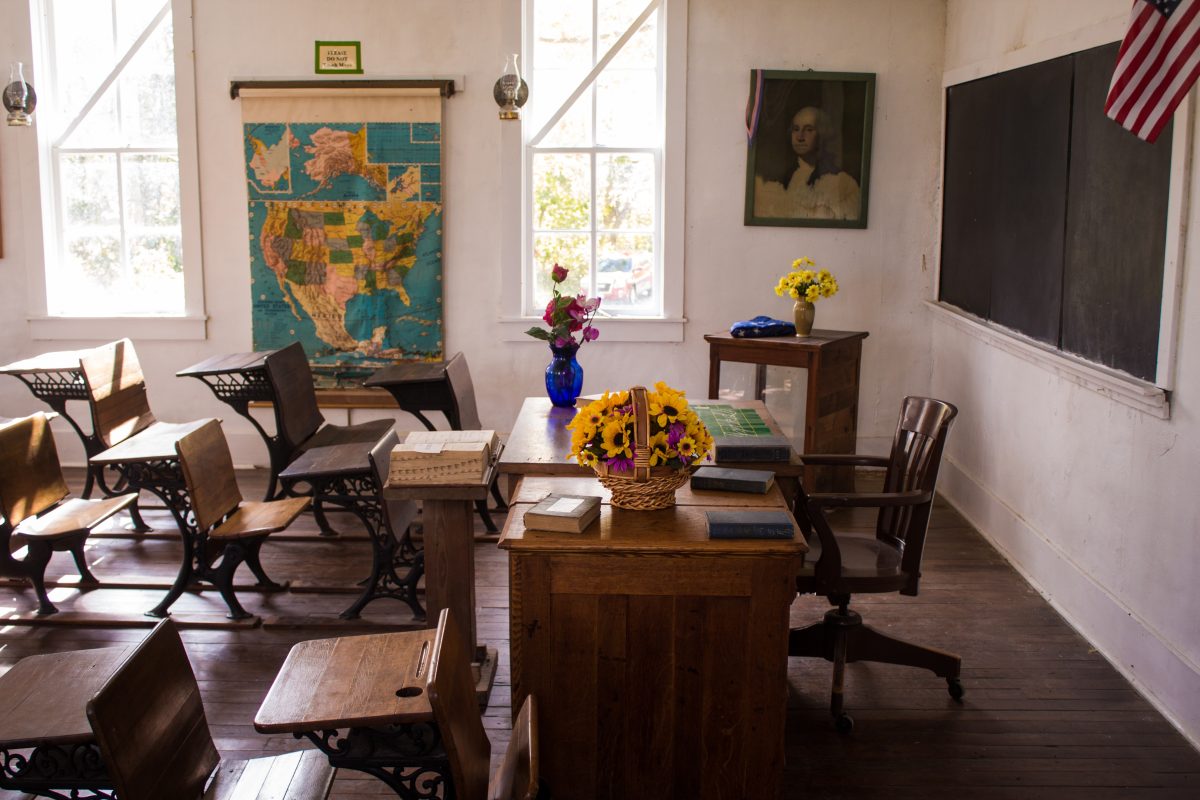In the fall of 2021, the South Carolina Center for Educator Recruitment, Retention, and Advancement (CERRA) reported that there are over 1,000 teaching vacancies in South Carolina. Many universities, including Furman, will award students their teaching certification following the completion of their degree in Education. Yet, according to Furman’s Common Data Set, Education students made up only 2% of Furman graduates last year⏤a fact that keeps these classrooms from being filled.
Each year, over 500 students start their freshman year at Furman and kickstart their paths to careers. They see themselves as future doctors, lawyers and politicians, but “teacher” seems to be a less common career aspiration among our student population. It raises the question, “Why aren’t future teachers attending Furman University?”
By comparison to other majors offered here, Furman University does not do enough to support students pursuing education⏤namely financially.
It is no secret that the sticker price of tuition at Furman University is high. In fact, we are the most expensive university in South Carolina. A future educator, who may not even make in a year’s salary the price of spending a year at Furman, would have good reason to avoid attending school here.
As evidenced by other departments, however, there are realistic ways to alleviate this financial burden on future educators. Departments across Furman’s campus offer substantial scholarships to students who have declared a major within their department and apply for them. For example, the music department has a large number of scholarships available to their majors to help with similar future financial burdens. Musicians may also not make back Furman’s tuition from playing or teaching their instrument in the future, and yet they are an asset to our campus and needed in high numbers.
Education students are not afforded this same opportunity.
Thus, intended teachers are more likely to choose an affordable school in South Carolina, like the University of South Carolina or Clemson. These students will get a fine education, but not necessarily the perks of a liberal arts education: small class size, mentoring by experts in their field, or extensive opportunities for study away and similar experiential learning. Importantly, however, they will get a scholarship to incentivize their attendance at the University of South Carolina or Clemson, as these schools partner with CERRA, the organization cited above, to award future teachers with large scholarships for support throughout college.
Furman has the opportunity to breed a special kind of teacher for the state of South Carolina. A teacher educated at a liberal arts college will be better suited to foster curiosity and answer questions outside their specialized field⏤courtesy of their holistic education. Reflecting on my own childhood, I can attest that I often asked questions my teachers never expected. Good teachers, broadly educated and having been equipped by experiential learning, will answer these questions in ways that spark curiosity and inspire the next generation of students to succeed.
Not only will Furman students make for strong teachers, but they’d also have the opportunity to revolutionize the field of teaching as a whole. The liberal arts profess to train engaged citizens, ready to move their communities toward flourishing. Furman’s mission statement reflects this.
Additionally, Furman-trained educators have not only the opportunity to revolutionize the classroom but also the field as a whole. The liberal arts profess to train engaged citizens, ready to engage and move their communities toward flourishing. Furman’s mission statement explicitly states this. Thus, it is time to put Furman students in influential positions to spark change in South Carolina Education policy. In my eyes, the only way out of a 1000-teacher-vacancy is to start spending state funds on education. Teaching salaries need boosting. Schools need better supplies and facilities. State politicians need to treat teachers as respected experts in their fields, not “Marxist indoctrinators” or whatever they are being called these days. Only when liberal arts graduates are influencing and holding positions of power will the situation change.
Whether CERRA funds or Furman’s own endowment, Education majors need to be supported in ways that reflect the current dire situation. Whatever we can say of the Furman Advantage, it is out of reach of most future teachers, especially in comparison to our peer universities in the way they support future educators. If you would like to advocate for this change, not only can you discuss it with your peers and faculty connections, but you can also contact Furman’s Development Office via email at development@furman.edu.









































